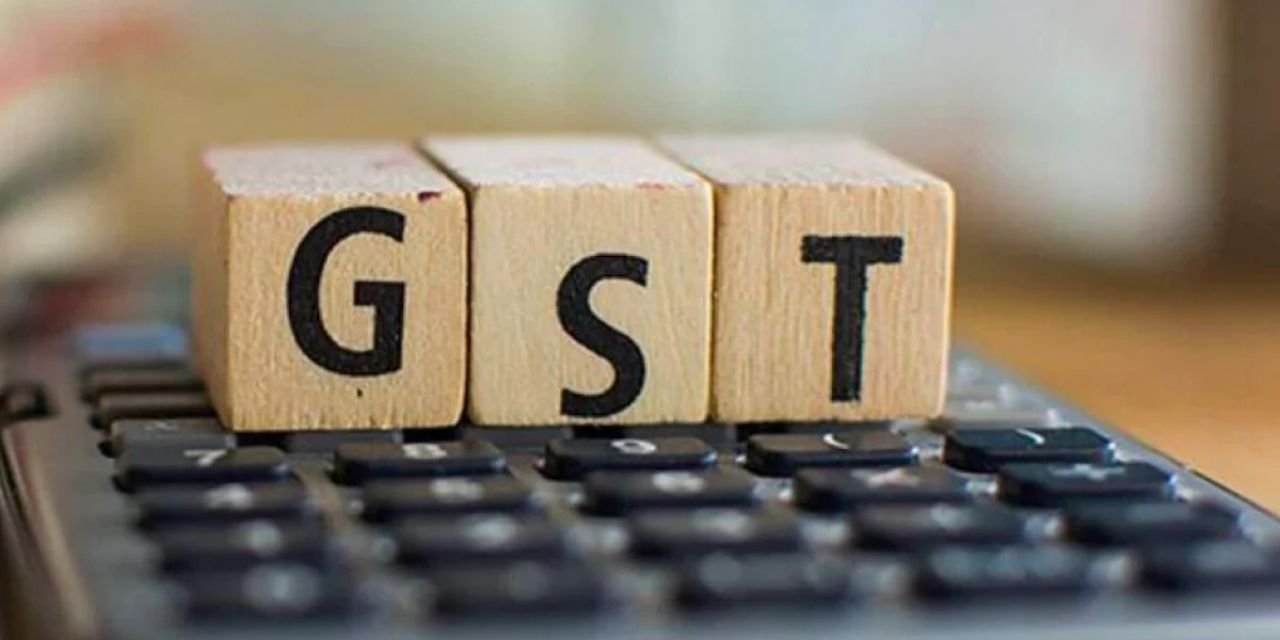The proposed increases in the GST rate have raised concerns from the Retailers Association of India (RAI), since they may have significant effects on consumer sentiment and the formal retail industry. Our main findings are as follows:
1. Danger of Formalization and the Growth of Informal Trade: The GST system has played a key role in formalizing Indian companies and creating a well-organized retail environment. Strict tax rises, however, may reduce the competitiveness of legal businesses and drive smaller dealers and players to unorganized and parallel marketplaces. In order to prosper, many illegal players might not follow the new rules, particularly when playing online. This change runs the danger of reversing years of gains in fostering compliance and confidence inside the official retail system.
2. Impact on Made in India: With the fastest-growing population and the fifth-largest economy in the world, India still has unrealized potential for high-end branded goods. Nonetheless, a large percentage of luxury product purchases made by Indian consumers take place outside the nation, according to numerous multinational firms. The Council’s proposed action would jeopardize the government of India’s Made in India campaign, further slowing the local expansion of this market.
3. Effect on Customers, Particularly Women: End users should be the first to consider any tax on consumption since they are the ones who are directly impacted. Such rises can put a burden on affordability for many, especially women who manage household budgets, and affect purchase decisions, which in turn shapes market demand.
4. Effect on Festive and Celebratory Consumption: Discretionary spending, which is a major driver of the Indian market, may be impacted by high GST rates. Such tax shocks would worsen the recession, which will affect overall sales and industry growth, as consumption is already under pressure.Raising tax rates is ineffective, even though we recognize that the government has to increase GST receipts. The tax net can be expanded more successfully without affecting consumer spending or sales by lowering rates and bolstering compliance procedures.
5. Effect on Festive and Celebratory Consumption: Discretionary spending, a major driver of the Indian market, may be impacted by high GST rates. Such tax shocks would worsen the recession, affecting overall sales and industry growth, as consumption is already under pressure. RAI urges the GST Council to consider the broader economic implications and explore more balanced approaches to achieve higher collections without harming the formal retail ecosystem or consumer sentiment.
Speaking on the matter, Kumar Rajagopalan, CEO of the Retailers Association of India (RAI), said, “Increasing GST rates will hurt formal retail businesses and encourage unorganized markets to grow. This could undo the progress made in formalizing businesses under the GST regime. To boost GST collections, the focus should be on lowering rates and improving compliance, not raising taxes that burden consumers and disrupt the retail sector.”

